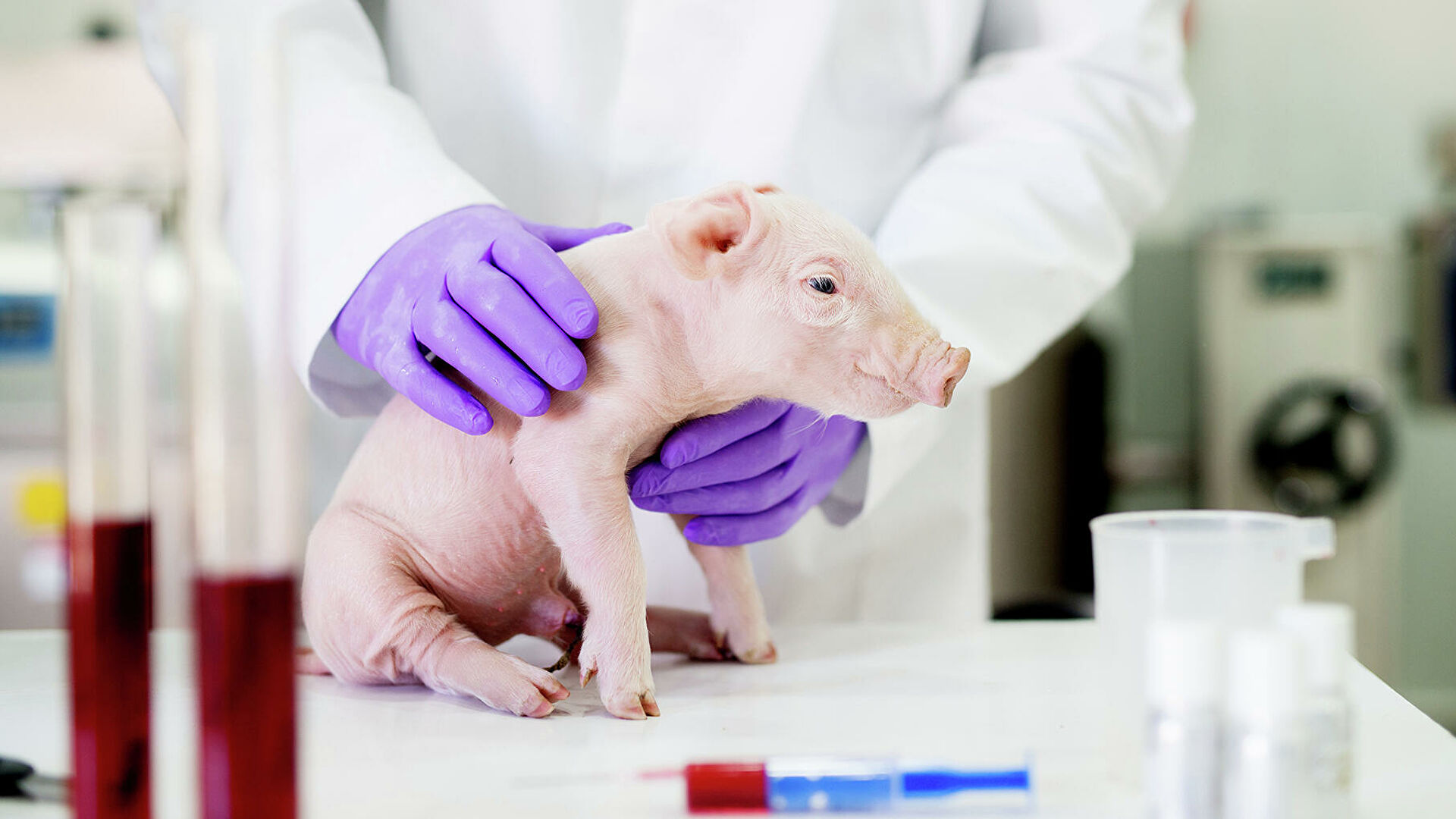Hello!
Japanese startup PorMedTec says it's have cloned three piglets with the express purpose of having their organs be viable for transplantation to humans, without being rejected by the immune system.
The company imported gene-edited cells from a US biotech startup called eGenesis and used them to create genetically modified embryos, the Japan Times reports, which were then implanted into the uterus of a pig.
"The realization of xenotransplantation has been long awaited in Japan for several years, but it remained in the basic research stage because pigs that could withstand clinical application were still under development," the company said in a statement.
The idea of solving a global organ shortage by creating donor animals has been around for years. Japan, much like the US, is suffering from a major organ shortage. According to the Japan Organ Transplant Network, there are 16,000 people on the waiting list, but only 400 people receive them every year.
Despite certain advances, however, scientists are still struggling to get the human body to accept organs from nonhuman animal sources, especially long term.
 Last month, researchers at the University of Pennsylvania hooked a genetically modified pig liver — also courtesy of eGenesis — to a brain-dead patient. The liver successfully filtered the man's blood for 72 hours.
Last month, researchers at the University of Pennsylvania hooked a genetically modified pig liver — also courtesy of eGenesis — to a brain-dead patient. The liver successfully filtered the man's blood for 72 hours.
Last year, a Maryland man who was suffering from terminal heart disease received the world's second genetically-modified pig heart transplant. He lived for nearly six weeks following the surgery.
Now, PorMedTec is clearly looking to push those frontiers again.
"Production of our first donors outside the United States is a critical milestone for eGenesis," eGenesis CEO Mike Curtis said in the statement. "This demonstrates the potential of broadening our reach and the promise of our platform to additional geographies and patient populations in need."
A different team led by researchers at the Jikei University School of Medicine is hoping to apply for approval of a clinical study involving the transplantation of a pig's kidney into a human fetus with kidney disease.
PorMedTec recently published a preclinical study in the journal Nature, outlining their efforts to knock out kidney genes involved in the pathways that influence the ways the human body rejects nonhuman tissues.
"The successful cloning in Japan of a genetically engineered pig with such a track record will help accelerate efforts to realize clinical applications in the nation," the company said in its statement.
Also read:
- Google’s Ranking Algorithm Is Really So Complicated?
- 3 Trusted Strategies for launching a Brand
- 5 Best Vacuums for Cleaning Carpet
Thank you!
Join us on social networks!
See you!






